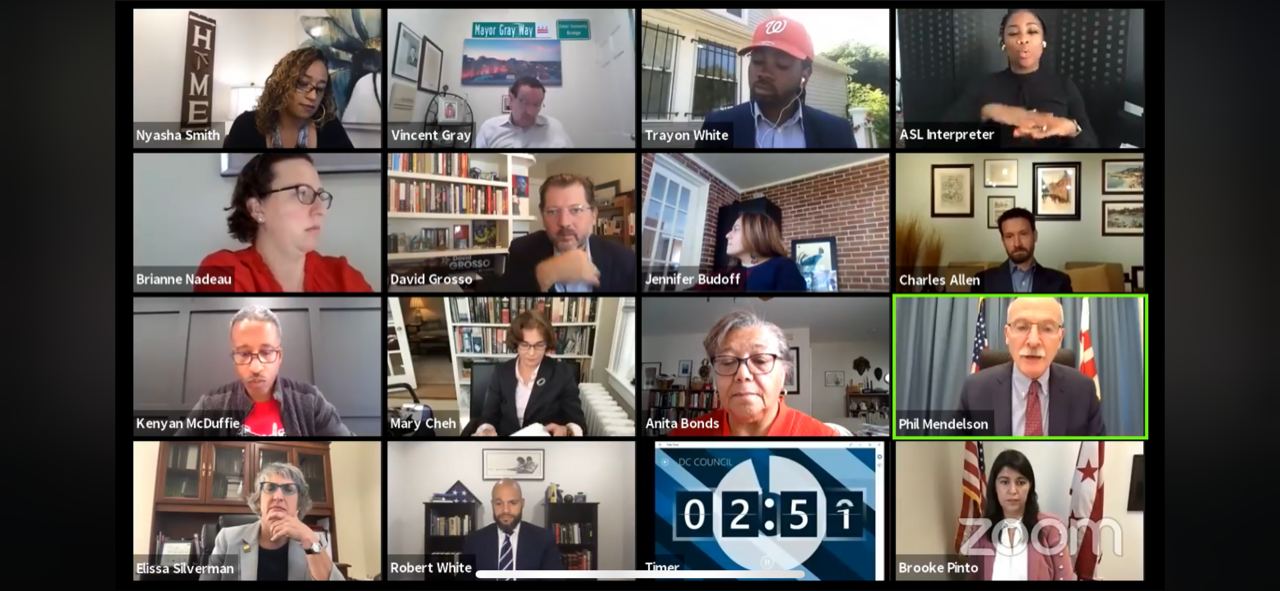Council Passes Omnibus Tenant Protection and Eviction Reform Measure

At virtually all of its Legislative Meetings since the COVID health emergency began, the Council has taken action to protect tenants from eviction. Whether it was the initial eviction ban, subsequent extensions to the ban, or a ban on landlords issuing of notices of eviction, these legislative actions have been tied to the COVID emergency itself. Specifically, they extend until sixty days after the health emergency ends.
However, in action taken at its most recent meeting, the Council passed an omnibus tenant protection and eviction reform measure that makes permanent changes to DC law. Passed by the Council as an emergency measure, the bill will go into effect for 90 days immediately upon approval by the Mayor (assuming that is forthcoming).
The measure includes provisions that:
- require time-stamped photographic evidence of a posted eviction notice at a tenant’s address
- require the Superior Court to seal some eviction records and allow other records to be sealed in certain cases
- require landlords to provide thirty-day written notice prior to commencing the eviction process
- ban landlords from initiating an eviction over an unpaid amount of less than $600
- ban evictions by landlords lacking a current business license
- ban landlords from requesting information from prospective tenants on past evictions which did not result in repossession
- ban landlords from requesting information on evictions from prospective tenants that occurred three or more years earlier
- ban evictions based on a breach of lease that occurred when the tenant was a victim of a crime
- require a landlord to disclose in writing the grounds for any punitive action against the tenant
- provide the tenant with an opportunity to dispute any such grounds
- express the Sense of the Council that the Superior Court should increase the eviction filing fee from $15 (one of the lowest) to $100
- require landlords to disclose to potential tenants how they will be screened prior to their tenancy, and to provide an opportunity to correct any errors in screening data
In additional action to protect tenants during the public health emergency, a bill passed at the most recent Legislative Meeting would reform the District’s Emergency Rental Assistance Program in order to reduce barriers and facilitate access to these funds by those having difficulty paying their rent.
Also at the most recent Legislative meeting, bills strengthened protections for LGBTQ seniors, extended and streamlined rules regarding “Streatery” outdoor dining spaces, and eliminated the limit on the number of marijuana plants a cultivation center can grow.
The Council’s next Legislative Meeting is scheduled for October 20.